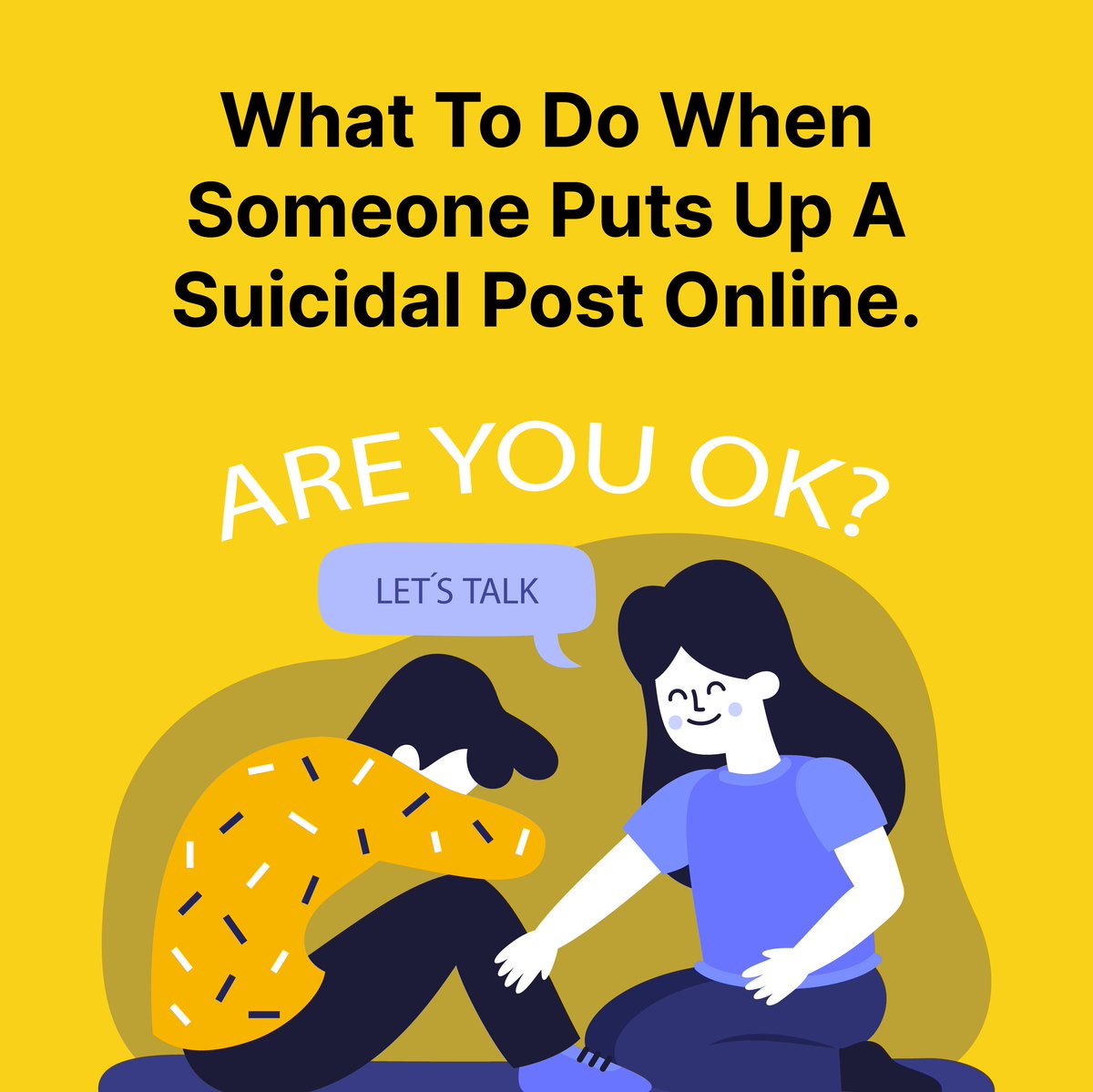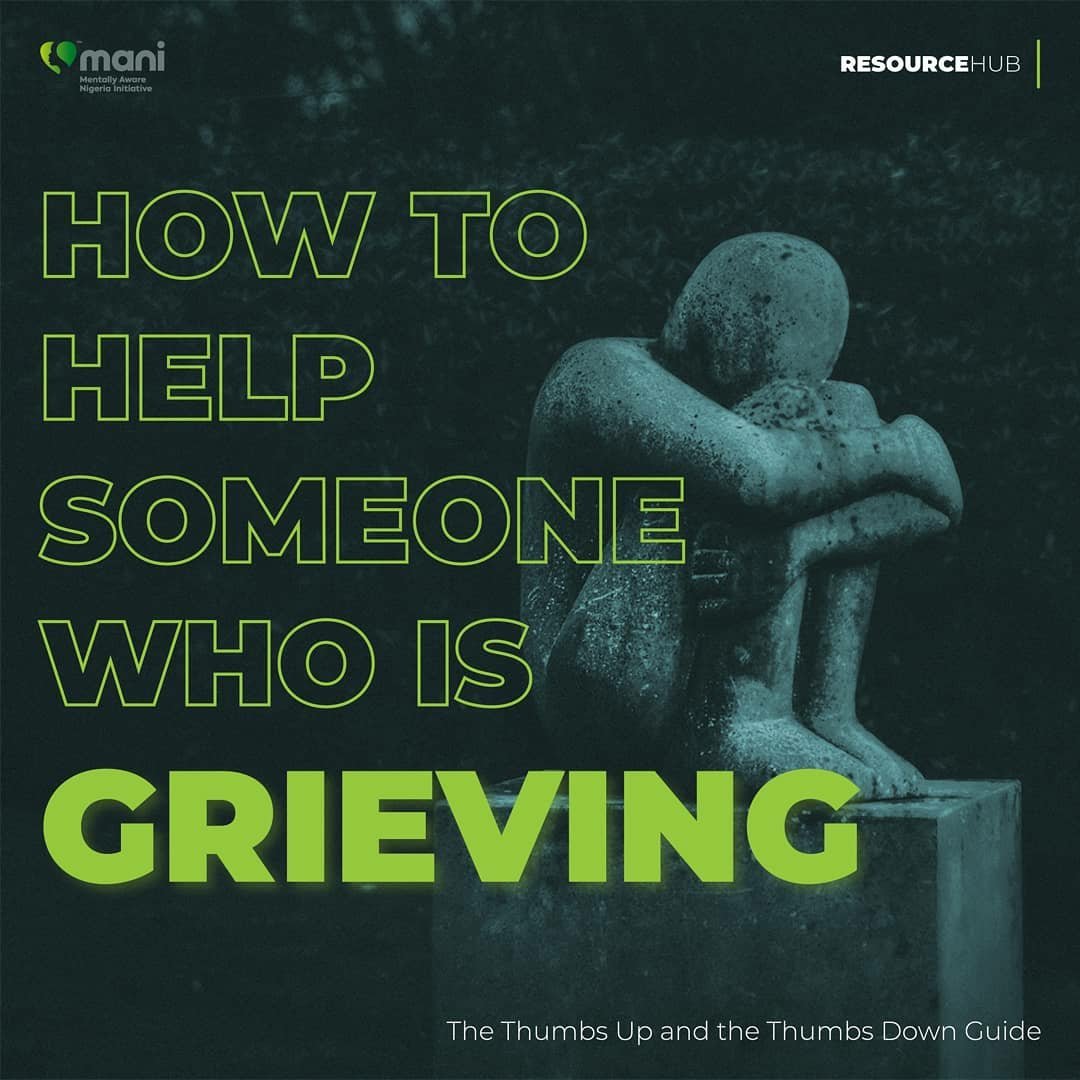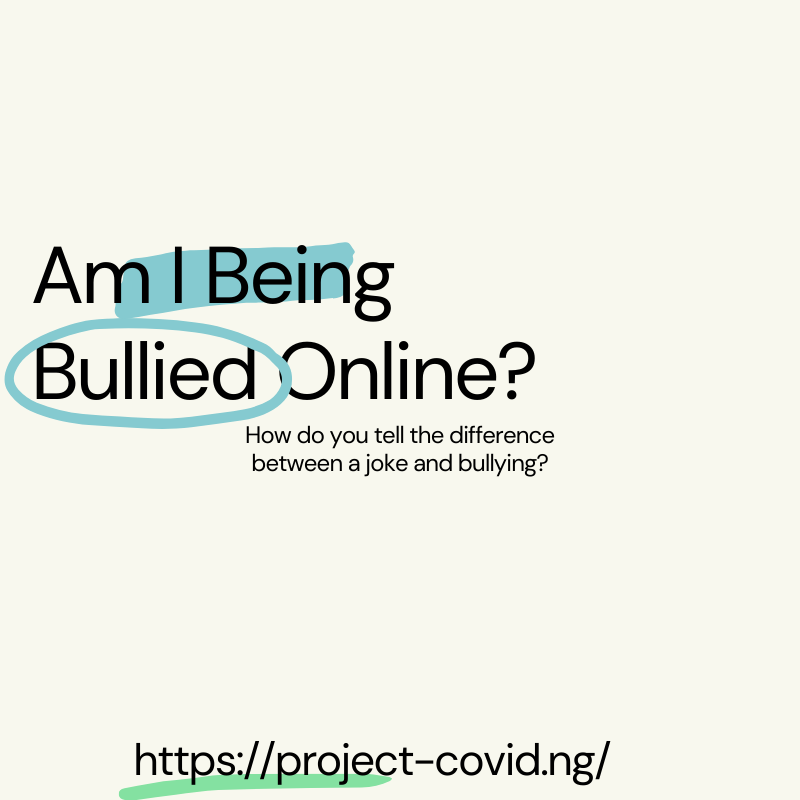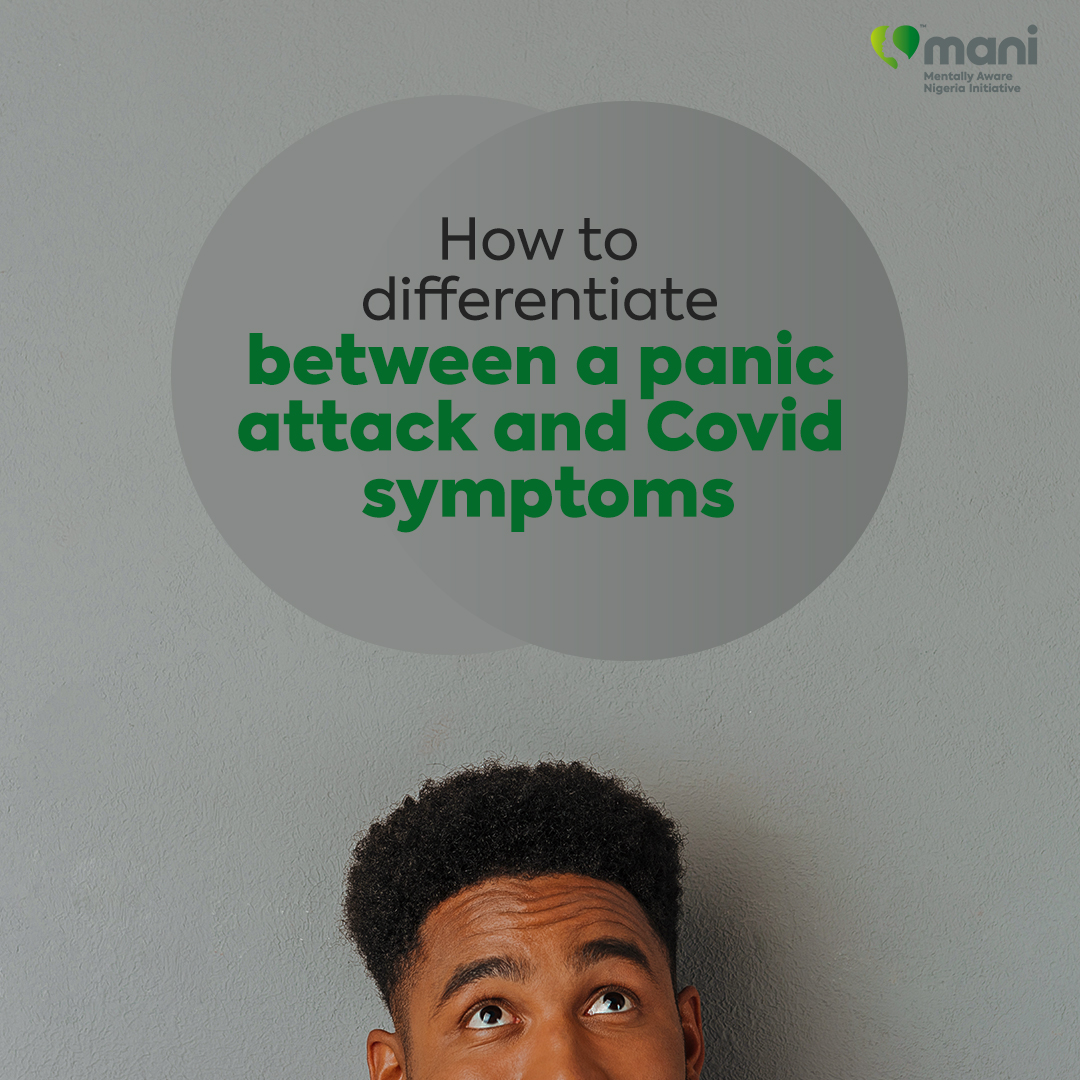
Survivors guilt is a type of self guilt that we sometimes experience after a traumatic event. It is a symptom of PTSD but can be experienced in the absence of a PTSD diagnosis.
/1 #SurvivingGuilt
/1 #SurvivingGuilt
https://twitter.com/ebelee_/status/1319597267125440513
The extent and severity can vary from person to person and symptoms can be both psychological (feelings of guilt, nightmares, flashbacks, irritability, helplessness, lack of motivation) and physical (numbness, difficulty sleeping, racing heart, stomach aches) /2
#SurvivingGuilt
#SurvivingGuilt
While not everyone feels survivor’s guilt, it is not uncommon after experiencing some type of trauma. And while it can be quite common, this does not mean that it is not serious or that it does not require some sort of intervention or treatment. /3
#SurvivingGuilt
#SurvivingGuilt
If you find yourself experiencing feelings of guilt following an aversive event, there are things you can do to manage those emotions.
Some self-help strategies that you may find effective: /4
#SurvivingGuilt
Some self-help strategies that you may find effective: /4
#SurvivingGuilt
a) Remember that these feelings are normal and common: Experiencing guilt doesn’t mean that you’re guilty of doing anything wrong. It’s OK to feel happy about your own luck while at the same time mourning the fate of others. /5
#SurvivingGuilt
#SurvivingGuilt
b) Focus on the outside factors that led to an event: Shifting your focus on the external variables that created the situation can help you let go of the self-blame that contributes to feelings of guilt. /6
#SurvivingGuilt
#SurvivingGuilt
c) Allow yourself to grieve: It is important to acknowledge the people who were lost and allow yourself to mourn. Give yourself time and take things at your own pace. /7
#SurvivingGuilt
#SurvivingGuilt
d) Do something positive: Whether it is for yourself or for others, take those feelings that direct them toward making a change in the world. Sometimes just doing simple things for another person can help alleviate feelings of guilt. /8
#SurvivingGuilt
#SurvivingGuilt
e) Practice self-forgiveness: Even if your actions were responsible for harm to another person, learning how to forgive yourself can help you move forward and regain a positive outlook. /9
#SurvivingGuilt
#SurvivingGuilt
Survivor’s guilt can feel overwhelming at times, but it's not uncommon to feel this way after you've survived a traumatic event. It's important to acknowledge your guilt & get help if these feelings become too difficult to manage on your own. We're just a DM away. #SurvivingGuilt
• • •
Missing some Tweet in this thread? You can try to
force a refresh


























